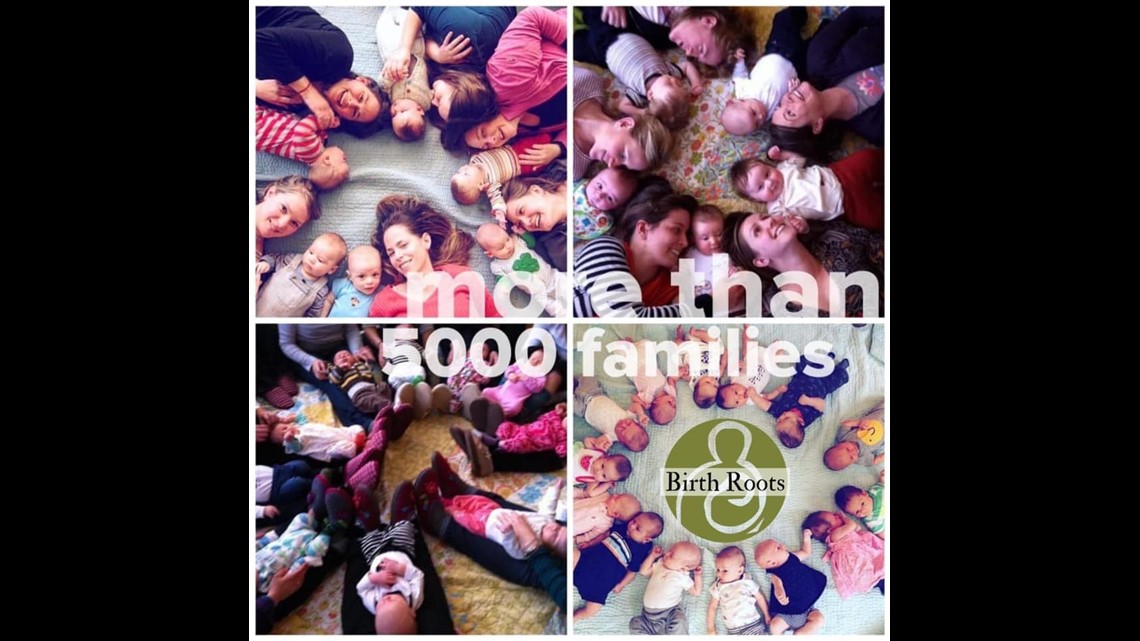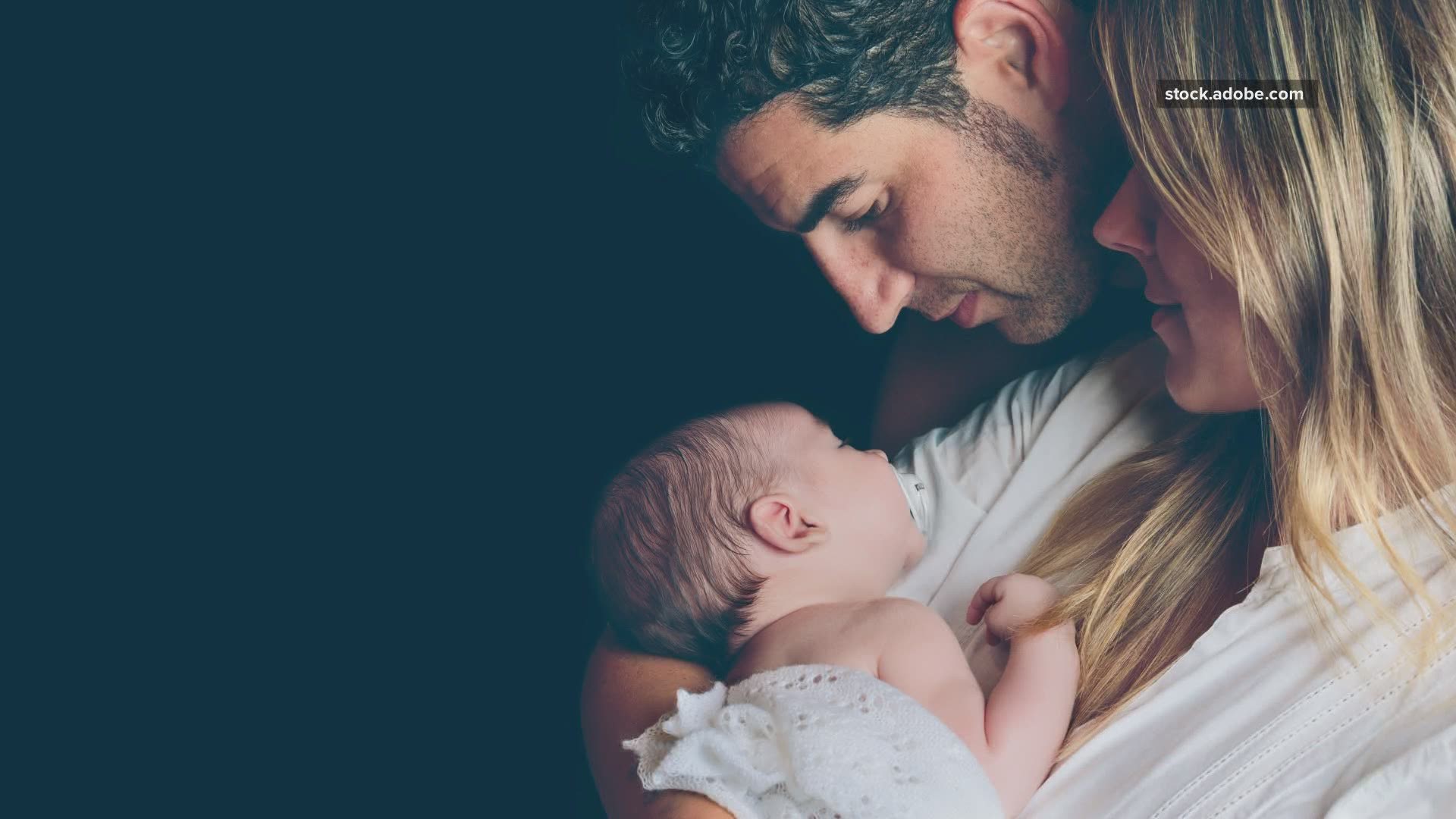PORTLAND, Maine — They say it takes a village to raise a child, and that's the concept behind a supportive non-profit that has been working with new families for 17 years.
Emily Murray and Leah Deragon founded Birth Roots, which now sits in Woodfords Corner in Portland, but reaches families from many different communities.
The first few months of a child’s life can be both exciting and terrifying, and that’s perfectly normal. "Newborn infancy and toddlerhood is that developmental window for both the child and the parents where there’s so much to learn," Deragon says. "We ultimately wanted to address the isolation of new parents at a time when they really wanted to be connected to other parents in order to normalize the experience."
That's the history of Birth Roots, yet nothing about the last year has been normal and people all around the world, parents or not, have never been more isolated.
Birth Roots – like many other places - had to close its doors when the COVID-19 pandemic began.
"Typically what had been happening is we have a pregnancy class, a childhood class, a newborn class, we have toddler parenting classes, we have an outdoor classroom as babies transition from babyhood to toddlerhood," Deragon explains. "We quickly in March 2020 moved everything over to a platform like Zoom and due to the compelling nature of what we’re talking about, the intimacy was there."
Parents still showed up to classes, even if they were on Zoom. And while they were facing their own new challenges, they were sharing those challenges, and offering support to others. "As much value as there is in a parent telling their own story there is value in the listening, having a parent tell a similar or different story. And I can always see the facial muscles relax when parents realize, 'I’m not broken. I’m not defective. This is not happening in our family just because we don’t know what we’re doing.'"
Deragon expected stress and anxiety from her new parents as they faced this new challenge of the pandemic. Instead, she says, she saw a lot of grief. "As I listened to the new themes or patterns, a lot of new parents are contending with the grief of what they thought this first year of parenting would be like. That the grandparents would meet their grandchild, that they would go maybe to a yoga class or a story time at the library. There’s sort of a sequence of events every three to six months where we’ve graduated up to going to the playground, first tooth, all the developmental milestones are bittersweet right now because every time a parent of a child of whatever age has something that’s super exciting and happy happening, they have to send a photo."


RELATED: Parents consider holding their kids back in school after difficult academic year, experts weigh in
Through the winter, Deragon, and Birth Roots co-founder, Emily Murray, kept the communication flowing with their families, sending weekly emails to check in, and offering ways to keep children educated and entertained. "Instead of being like, come on you can do this, we were acknowledging, Hey, this is really hard."
While every story is different, Deragon has her own experiences through childhood - and now a pandemic - that have guided her, but she admits she too has needed her village through much of it. "My son is 12 years old. When he was born I got a Birth Roots flock and I’m still connected to those moms and those families that I met 12 years ago."
"We wanted to put a name to that deeper relationship, so we called it a flock," Deragon explains. "Flock - for me - creates an image of a bird landing on a branch, and then another bird lands, and then one flies away and another one comes, so there’s a semi permeable thing happening where you get what you need, you give what you have to offer, and you kind of come and go."
While it was more complicated to come and go in the last year, like any new parent Birth Roots has adapted in the face of challenge. "Children, because they have such incredible neural development happening, they are like: more input, more input. And for one or two parents to be the sole provider of all of the physical care, of the emotional care, of the intellectual development, it’s just exhausting," Deragon says. "And it really does take a village and a flock and grandparents and extended family."

